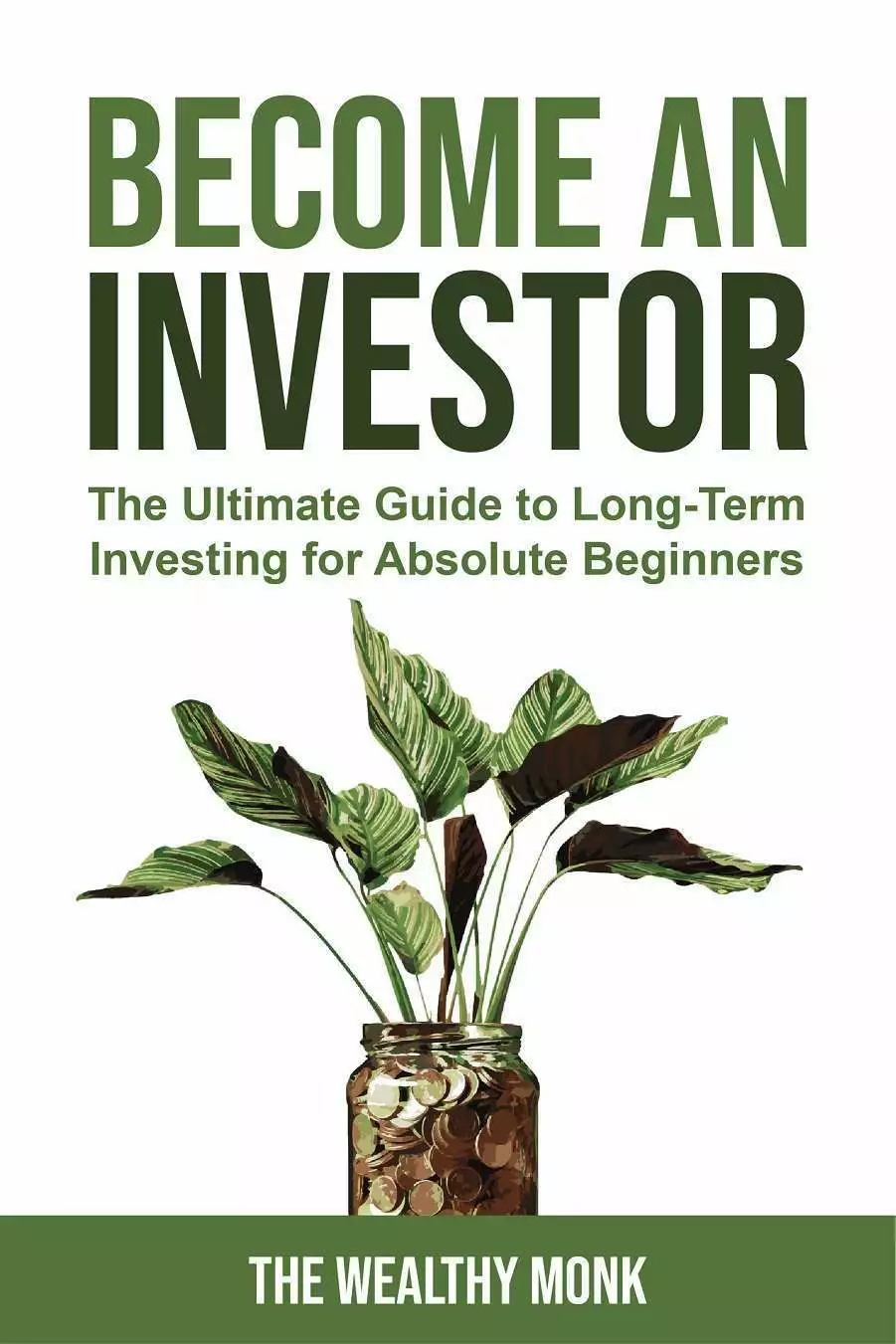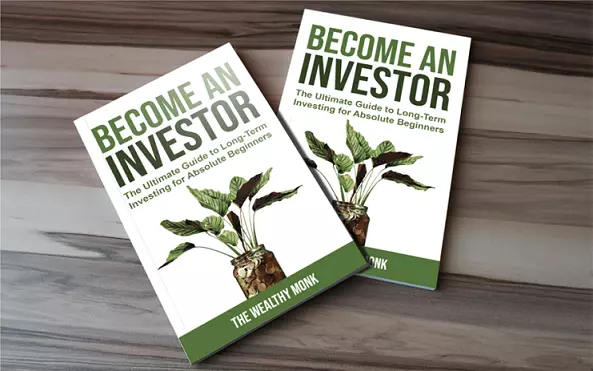
5 Money Myths and Misconceptions
We all have misconceptions.
A field that’s especially misunderstood by the average person is personal finance. People are prone to believe various myths about money and end up sad, poor, and frustrated as a consequence.
This post is aimed to that segment of the general population – the people who think money is evil, that time is money, or that “the rich” owe them something.
Enjoy.
1. Money Can’t Make You Happy
Okay, I agree.
Money can’t make you happy, indeed.
However, no money also can’t make you happy.
Mind blown, right? 🤯
I don’t fully understand how some people connect money to happiness in an exclusive way. But I understand that many use it as an excuse to indulge in excessive self-sabotage by disregarding the importance of personal finance. In reality, it’s similar to saying: “a brick (or whatever) can’t make you happy” or in other words: irrelevant and unnecessary.
So yes, “money“, as any other single thing in the world, can’t make you happy by itself.
We should seek happiness elsewhere.
Because no money is not the solution, 100%.
With that said, try to compare the experience of a sad/heart broken/depressive person with and without money. Who do you think will have the better experience? A person whose family member died and he doesn’t need to think about financial problems at the worst possible times or a person whose family member died but can’t cover funeral expenses, is already drowned in debt, will lose his job if he doesn’t show up tomorrow, and risks being kicked out of his apartment, facing homelessness and hunger as a consequence?
It’s not a case of happiness. It’s a case of opportunity. Being wealthy is always superior to not. And the fact that some rich people are miserable doesn’t prove anything. Some poor people are miserable too. People are miserable regardless of money.
Conclusion: the truthfulness of “money can’t make you happy” is irrelevant and thus shouldn’t be even mentioned. It especially mustn’t be a mental block for earning more, developing financial literacy, investing, getting rich, or pursuing FIRE.
2. You Need Money to Make Money
Again, I agree.
Whether you’re investing, speculating, or taking any type of risk, the potential rewards will be higher and the experience will be easier the wealthier you are.
I’m not debating the truthfulness of the statement. But similarly to the first point, it’s an excuse many people use in order to ignore every opportunity coming their way just because they allegedly “don’t have” “money“… And they spend it all happily.
So yes, you need money to make money.
But you also need money to spend money.
🤯
You need money to live.
In other words: this statement is as irrelevant and unnecessary as saying that money can’t make you happy. Thus this mindset is best abandoned. Because every day that it’s used as an excuse to not invest is a day in which your money won’t make you more money.
3. Time is Money
They’re indeed often traded between each other…
Again, not fully incorrect as most people earn by selling some of their time. But once you get up to speed to investing you’ll see that you don’t need to sell more time to make more money anymore. And then, you can choose to work more efficiently, unremorsefully refuse inadequately compensated promotions, and pick your ideal working conditions – all three of which I’ve done and am doing.
On the other hand, I’ve watched a video of a woman saying: “What should I do to raise my child? Get a third job?“.
You see the psychological damage time is money inflicted on her? Notice these two points:
- If she didn’t fall for the “time is money” narrative, she could have thought in terms of “a better job” rather than “a third job“.
- You don’t have business having kids until you’re ready to provide for them. I have every right to say this. Bringing kids to the world without a plan is self-centric and selfish.
And talking about selfish, the actual problem with this misconception is that it leads to believing and fighting for socialist nonsense such as:
- Equal pay for equal work – which would make sense if everyone’s work is actually equal, but instead usually quantified based on the time spent working.
- Fair share – requested by the people who contribute the least from the people who do the most – ultimately leading to a collapse because nobody will work for no value in return.
- Raising minimum wage – in which case many will be fired, everything will be more expensive, will hurt businesses and thus jobs, and the “capitalists” they hate will end up “exploiting” it by crushing the competition based on who can afford to pay a higher minimum wage.
Time is not money.
Most wealth isn’t generated by trading more time.
4. Money is the Root of All Evil
You find yourself on an island with 10,000 other people. Collectively, you have skills to maintain a functional society, but if segregated into smaller groups, you wouldn’t last long.
One day, as any other, all people walk into the food store and demand food. Who will get this limited resource?
One way to decide is to trade food for the goods and services provided by the other people. But the chef might have an inclination towards the work (or the products) of a hunter or a farmer, in which case the architect and the teacher would eventually starve.
Long story short, the decision is best left to the free market. The society itself should decide who will be able to enjoy others’ efforts, by exchanging points for the products and services of those who contributed to it. And the best way of quantifying the value of everyone’s work is by using a standardized and reliable system of transacting. That’s how the society, as a whole, decides who to buy from, whose services to pay for, and ultimately, who will be able to eat.
Remember, the alternative is trading the actual services, which is driven by personal interest and clearly leads to corruption and discrimination.
So is money the “root of all evil“? Well… I’d say that the root cause is elsewhere:
- Corruption might be the root cause.
- Greed might be the root cause.
- Ego might be the root cause.
- Emotions might be the root cause.
- Stupidity might be the root cause.
Not money by itself.
But I agree with the premise that FIAT money sucks.
Maybe we should switch to gold or a digital alternative. Regardless, the need for a reliable system to trade goods and services is absolute and universal.
5. I Don’t Care About Money
Why don’t you, or your provider, work for free then?
I understand that you might feel that you don’t “care” about “money“, but I know you “care” about food. Basically, if you’re not planning to die in the near future, you do care about money.
At the end, we’re all beings operating at the level of abstraction we can control, bound by the laws of physics first, and the rules of a government and a central bank second.
The bottom line is: We get paid, we spend, we trade, and we pay mandatory taxes with money.
The world dictates the importance of being wealthy. It’s not my opinion that being on top of our finances is important… It’s a fact.
So, learn about finance – the law of supply and demand, taxes and their effect on society, what is inflation and opportunity cost, understand market cycles, etc.
Always negotiate the best salary.
Save money from day one. Don’t spend foolishly. Start with building an emergency fund, overcoming investing fear, and learning to invest for the long-term, all the way to being able to cover your yearly expenses with 4% of your net worth.
Take calculated risks.
Achieve financial independence and set yourself free of financial concerns forever.
🤯

















Comments: 2
Really liked the style of your article!
I think your point #3 contains the hidden key to financial independence. As long as you continue to trade time for money (in a 1:1 relationship, i.e., with an hourly rate) you will not really make progress. You ultimately need to decouple your time from your income generation. This is possible only through passive income streams.
Thanks Lukas! Hope you’ll read some more of my posts too.
Indeed, point #3 can be a crippling one even for those who saw through the others – and is also a mentality that’s deeply rooted in the society.